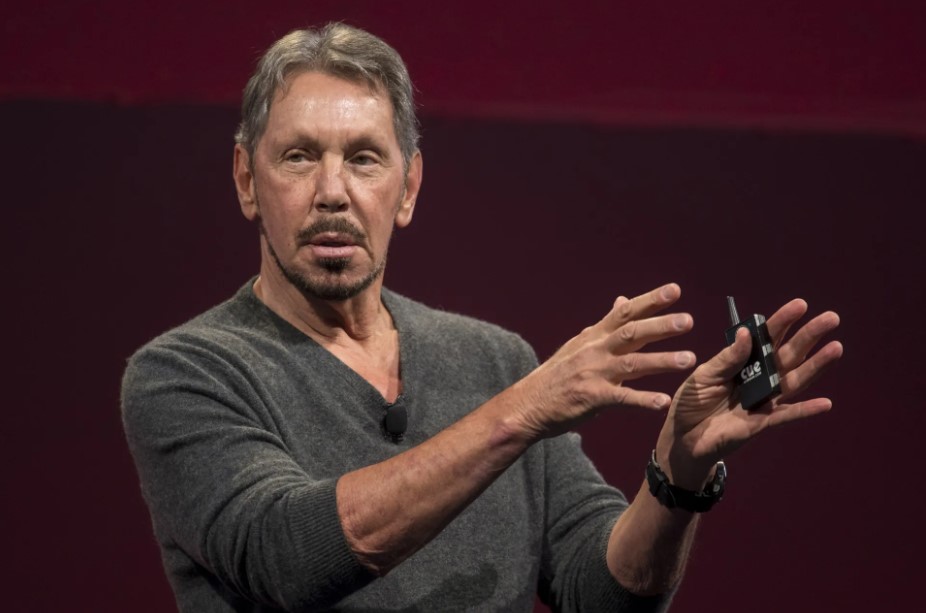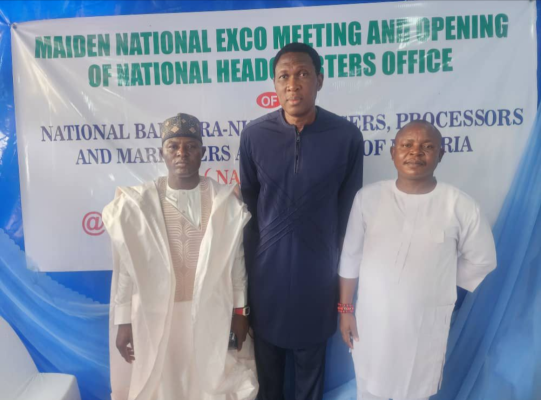Business News: Larry Ellison Overtakes Elon Musk as World’s Richest Individual, According to Bloomberg Index
In a development that has caught the attention of international business watchers and local investors alike, Larry Ellison, the co-founder of Oracle Corporation, has reportedly surpassed Tesla’s Elon Musk to become the world’s wealthiest person, as highlighted by the latest rankings from the Bloomberg Billionaires Index. This development, first reported on June 12, 2025, marks a turning point in the ever-competitive world of global billionaires, where rankings can shift rapidly based on fluctuations in company performance and market valuation.
According to Bloomberg, Ellison’s dramatic rise to the top came after Oracle announced stronger-than-expected quarterly results and shared an optimistic forecast for continued growth in its cloud computing sector. The financial update triggered a significant surge in Oracle’s stock price, leading to the biggest one-day increase ever recorded for an individual on the Bloomberg Billionaires Index. Ellison’s fortune reportedly climbed by an unprecedented $101 billion in just 24 hours, boosting his estimated net worth to $393 billion and pushing him ahead of Musk, whose reported wealth now stands at $385 billion.
Elon Musk, who had reclaimed the richest person title last year after briefly losing it to Jeff Bezos and Bernard Arnault, has now slipped to second place. The rapid change at the top underscores the profound impact that stock market performance—and quarterly business announcements—can have on personal fortunes in today’s digital and highly interconnected economy.
For West African investors and business enthusiasts, these shifts on the billionaire leaderboard are more than just headlines—they offer important signals about the current and future direction of technology giants that have direct and indirect effects on African markets. Tech developments abroad often bring new business models, investment opportunities, and competition to Nigeria, Ghana, and other countries in the region. As such, the latest events involving Oracle and Tesla are being closely analyzed not only by global business analysts but also by local experts here at home.
According to financial experts referenced by Bloomberg, Oracle’s rise stems largely from the substantial expansion in its cloud computing division. The company’s shares, which had already appreciated by about 45% earlier this year, reportedly soared an additional 41% immediately following their upbeat earnings release. This performance was fueled by strong bookings and positive projections for Oracle’s cloud infrastructure unit, which competes with other tech giants like Microsoft and Amazon for a growing share of the booming global cloud market.
As chairman and chief technology officer of Oracle, Ellison’s financial fortunes remain closely tied to the company’s stock. This alignment means that his personal wealth is sensitive to Oracle’s public performance and the overall sentiment in global technology markets. Meanwhile, Musk’s decline in net worth is linked partly to a reported 13% drop in Tesla’s share price since January, raising ongoing questions in global finance circles about the electric vehicle manufacturer’s growth prospects amid shifting market dynamics and increasing competition.
In an important illustration of how sensitive billionaire rankings are to market performance, both Ellison and Musk have seen their positions fluctuate multiple times over the last few years. Elon Musk originally became the world’s richest person in 2021, while others such as Amazon founder Jeff Bezos and LVMH’s Bernard Arnault have also held the top spot at various points, according to public records compiled by Bloomberg and Forbes.

Local analysts in Nigeria and Ghana say that these developments serve as a reminder for business owners and investors to keep close tabs on global market trends. As Mr. Yemi Adekunle, a Lagos-based investment strategist, told NowahalaZone, “When major technology companies perform well or poorly, there are ripple effects in African markets, whether through technology partnerships, investment flows, or even digital skill requirements in our workforce.”
There are also local lessons to draw regarding wealth creation, as Oracle and Tesla both began as start-ups and have grown to become some of the largest global corporations. Nigerian entrepreneurs, in particular, are encouraged by what’s possible when innovation and strategic vision converge—though analysts caution that the road to such heights is highly competitive and fraught with risk.
Some critics, especially those in the United States and Europe, argue that the extreme concentration of wealth among a handful of global tech leaders reflects deeper inequalities in the world’s economic systems. Advocates for tax reform and wealth redistribution say these vast fortunes should prompt conversations about fairer access to opportunity, innovation, and social support. On the other hand, business advocates insist that figures like Ellison and Musk have driven significant technological progress and employment globally, including for African tech talent seeking roles in the fast-evolving cloud and automotive industries.
Meanwhile, Tesla’s board has reportedly proposed a new pay package for Musk that, if approved and if rigorous performance targets are achieved, could make him the world’s first trillionaire. According to Reuters, this would depend on a series of ambitious growth milestones. Supporters of the plan argue that aligning executive rewards to company performance spurs innovation and long-term shareholder value, while critics question whether such immense compensation is justified given global economic concerns and widening wealth gaps.
For everyday Nigerians, Ghanians, and citizens across Africa, the news provides inspiration as well as ongoing debate about money, technology, and the paths to prosperity. Technology companies like Oracle and Tesla continue to influence digital transformation across the continent, from fintech growth to the adoption of cloud services by local businesses. Policy makers, education providers, and young entrepreneurs are keenly watching these trends as they shape decisions about skills development, investment strategy, and partnerships with global tech firms.
How do you think Africa’s fast-growing population and entrepreneurial spirit might influence future tech success stories on the continent? Could we see the emergence of Africa’s own technology billionaires in years to come? Share your opinions and let’s spark a meaningful discussion!
Food inquiries: food@nowahalazone.com
General support: support@nowahalazone.com
Story sales/submissions: story@nowahalazone.com
Follow us on Facebook
Follow us on X (Twitter)
Follow us on Instagram










